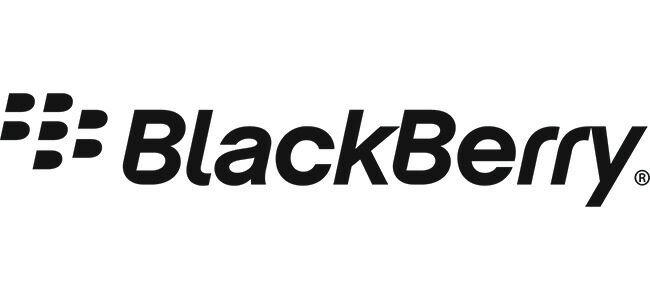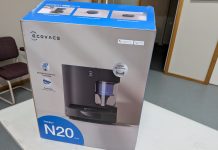
BlackBerry has announced in its latest quarterly financial reports that the company will be out of the hardware business once and for all, choosing to instead to “outsource that function to partners.”
This isn’t too much a surprise, as BlackBerry’s CEO John Chen has hinted at this development previously. Chen warned earlier this year that if the hardware division wasn’t making a profit by September, the company would more than likely exit this part of the business. It would seem based on this information that he has indeed kept his promise on this.
To put it into perspective, the Mobility Solutions division which includes the hardware division posted an CAD$$8 million loss for this past quarter. This doesn’t mean we have seen the last of the BlackBerry handsets, though, as the company announced it will instead outsource this division out to third party manufacturers through an exclusive licence agreement.
This development comes after the Blackberry DTEK50, which was more or less a re-purposed Alcatel device manufactured by TCL. As part of the outsourcing, Blackberry also took the opportunity to announce that it has entered into an exclusive licensing agreement with an Indonesian firm that’ll build and sell BlackBerry-branded devices in the region.
To be honest, this doesn’t really surprise us at the end of the day, given BlackBerry’s ongoing struggles within the mobile market. Sure they had a winner with the Priv, their first ever Android powered smartphone but honestly, they did out price themselves not only here but back in the USA and their home country of Canada. BlackBerry has also lost a lot of high profile clients such as the US Senate, the White House, President Obama and other national governments (including ours) which have since moved to other competitors’ devices such as Samsung and Apple.
According to estimates from Gartner, the company claimed just 0.1 percent of the market in the second quarter, equating to sales of some 400,400 units.
What now for BlackBerry? Well it would seem that the company is going to continue onward more as a software based company for enterprise. It hinted at new software such as BlackBerry Radar which provides for “end-to-end asset tracking” for the internet of things, and BlackBerry Hub+ which is a productivity suite for Android.
Chen did note that the company was on track to deliver 30 percent revenue growth in software and services for the full fiscal year, but the results for this quarter were much clearer – a net loss of approximately CAD$372 million on a revenue base of approximately CAD$334 million.
You’d have to expect Blackberry’s days of relevance are limited now.




You won’t be missed. Nokia and Ericsson are out of thehandset business too.